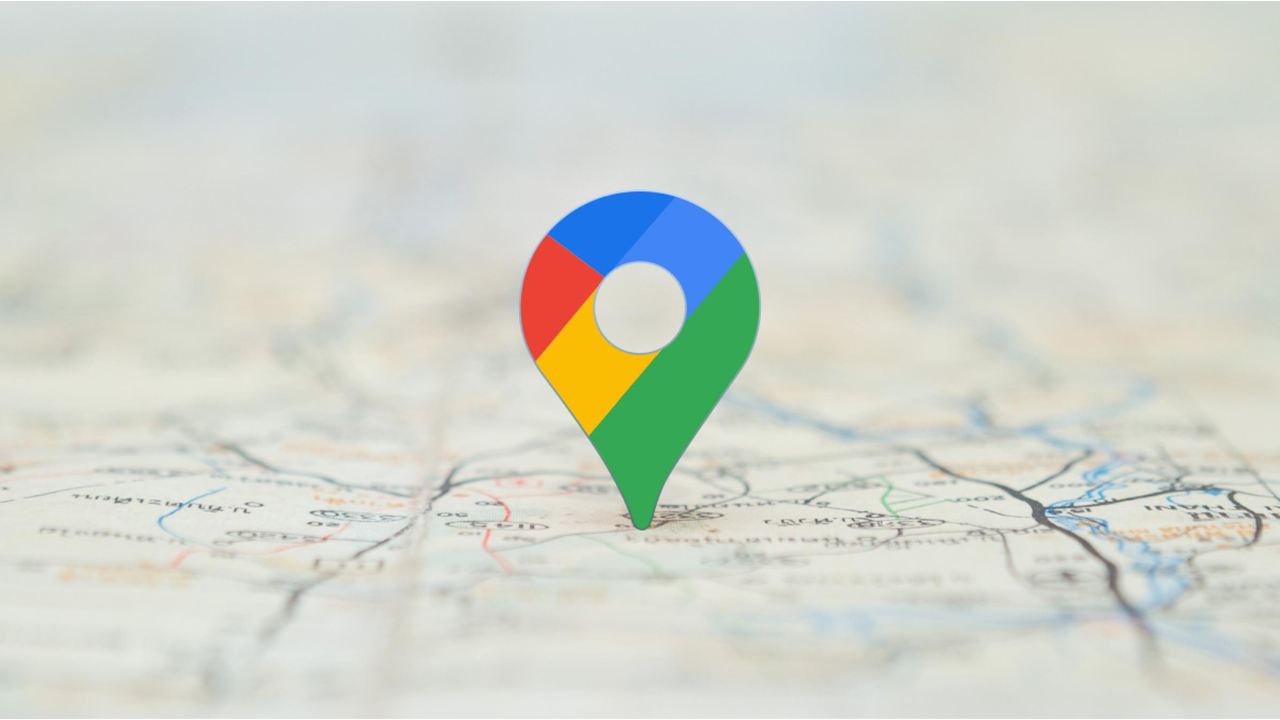Have you ever been irritated with your navigation app because it thought the other way around? Google is working on improving device orientation in Google Maps for Android. It means a smoother and more trustworthy experience, especially for people who are navigating unfamiliar territory.
For cell phones, it has always been a struggle to know where one is facing. For example, GPS isn’t very accurate and compasses may have problems in cities with metal buildings and magnetic interference. As a result, your map can show north while you are going east.
However, this will soon be over. The Fused Orientation Provider (FOP) API is an alternative tool that gives developers of apps a more standard and higher-performing method of determining the direction of device movement. This happens by fusing readings from three sensors:
- Accelerometer: Measures tilt and motion
- Gyroscope: Tracks rotation speed
- Magnetometer: Acts like a digital compass
Thus, regardless of the limitations inherent in individual sensors, FOP can give a clear idea about how the phone is positioned. In addition, it accounts for sensor performance as well as device differences between manufacturers.
Let’s explore what FOP does in the background:
- Synchronizes sensor readings to account for different timings and delays.
- Compensates for magnetic distortions that can throw off compass accuracy.
- Combines data from all three sensors to determine the overall orientation of your device.
- Takes into account gyroscope drift, which can occur during movement.
- Approximates how valid the compass reading is.
This improved accuracy benefits not just Google Maps, but also other apps that rely on knowing which way you’re facing. Imagine using a virtual reality app where precise orientation is key or an augmented reality game where objects need to appear in the correct location relative to your surroundings.
The FOP API is available on devices running Android Lollipop (version 5) or later. This ensures that all Android users can benefit from this improvement, irrespective of their specific phone model. Furthermore, updates to the FOP algorithm can be rapidly deployed to keep everyone at the forefront of orientation accuracy itself.
So next time you are navigating your way through Google Maps trying to get directions into that new restaurant you will trustfully know that the blue dot on your screen is pointing you in the right direction!


